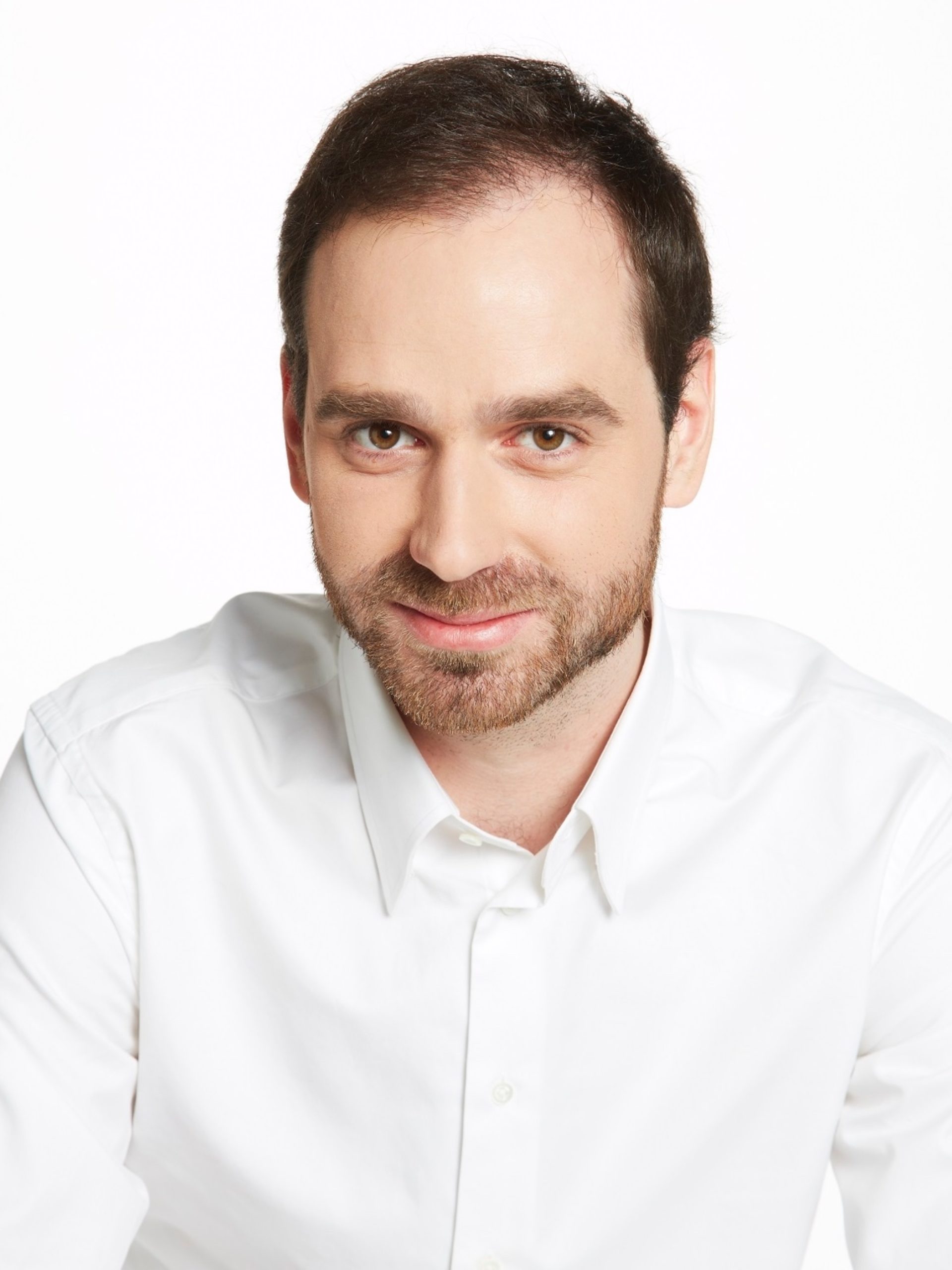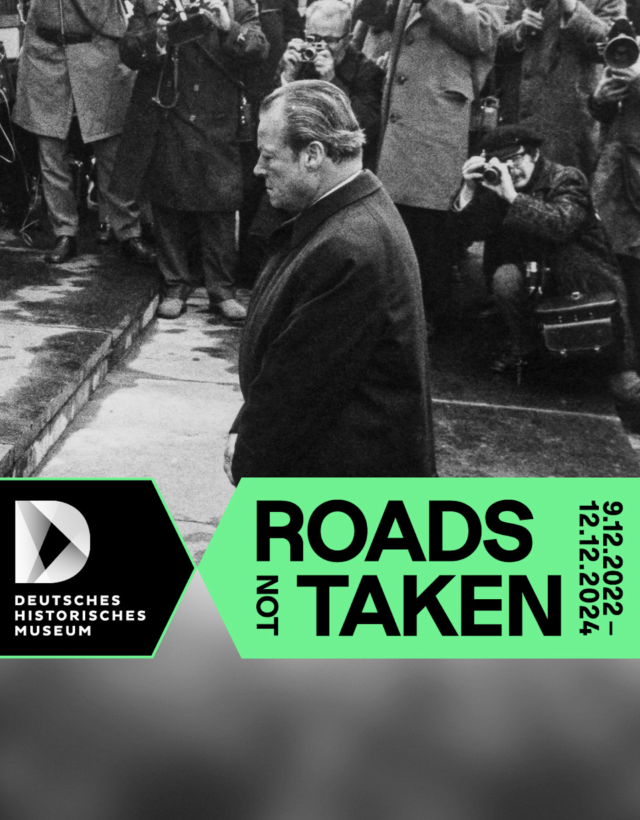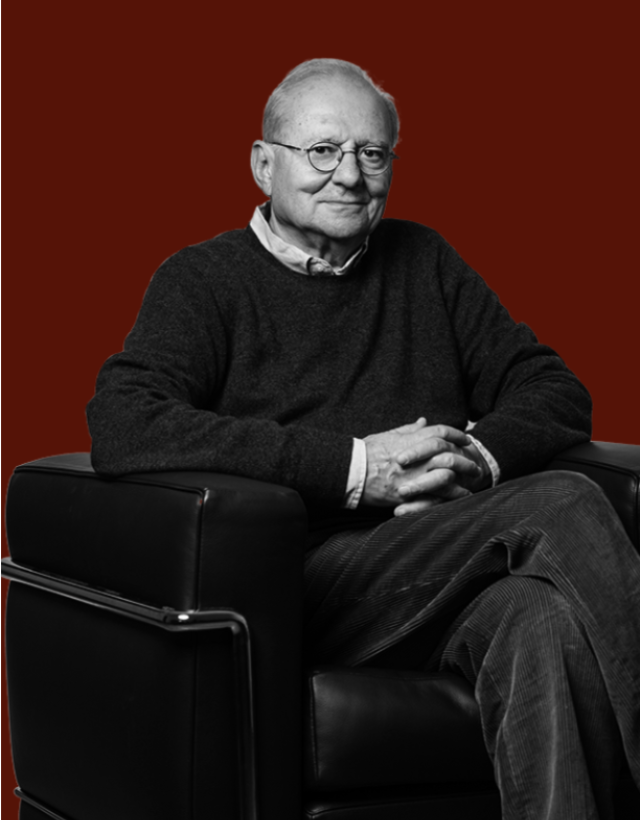
Homebase: Warsaw/Poland
Job title: Chairman of a Management Board
Ignacy Niemczycki is an expert in communication and European affairs. He is a former civil servant who worked on the European Union budget and is a journalist dealing with European Union affairs. He is also the Chairman of the Bronislaw Geremek Foundation and a member of the board of the Akcja Demokracja Foundation. Additionally, he is the former acting Director of Corporate Communications at IKEA Retail in Poland. Ignacy graduated from Bocconi University with a degree in Management and from the University of Lancaster with a degree in Sociology. He has been a vegetarian for many years, loves animals, enjoys ski-touring, and recently became a farmer in Masuria. He lives in Poland where he commutes between Warsaw and Masuria. Ignacy believes that progressive change is possible, but it requires giving up the status quo and building on the values that were at the center of liberal democracy. He is looking for ways to mobilize and amplify voices of individuals from underrepresented communities.
In July 2020, Poland witnessed another electoral victory of a populistic and anti-democratic candidate. This is not a stand-alone occurrence; similar events have occurred all around the world. Ignacy believes that populistic leaders have managed to mobilize citizens within disenfranchised communities.
They have mobilized the voices of the many and made use of social media to further their cause. Their success is evidence that previous approaches to prevent the rise of populism and anti-democratic politics has been misguided.
COVID-19 has made it clear that the way social media platforms function and we use them may become a threat to democratic values. Social media has democratized access to information but it has also allowed anybody to become a source of information. Disinformation has become widespread and it fuels polarization, which in turn leads to the radicalization of attitudes, especially towards minority groups. There is a clear need to enable citizens to defend themselves from the spread of disinformation on social media that provokes polarization and radicalization. While it is necessary to enable and amplify individual voices and interact with them, Ignacy also strongly believes in enabling citizens, especially the younger and the older ones, to make better use of social media. He would like to work on an education and communication campaign to build media literacy competencies among the most vulnerable groups, which include younger and older citizens from smaller communities. He will work with experts, local authorities, and micro-influencers to reach the desired audiences. He would like the media literacy classes to reach around 60 teachers, 1,500 students (60 schools with 25 students for each class), and 1,500 senior citizens (from 60 senior clubs). He will also aim to reach an audience of 150,000 online. The project will be implemented in Poland and will become replicable in any other country.


